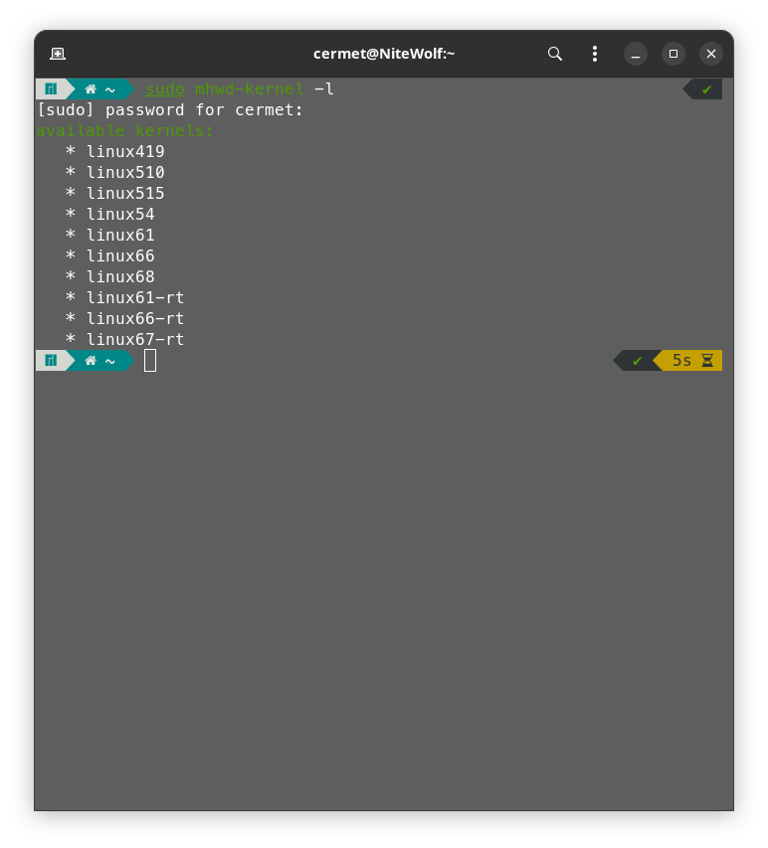The Delay on Content
If you're here and wondering what's up with the lack of content, this is a brief explanation.
HACKS
Ryan Pearson
4/21/20242 min read
Kia ora, friends! This is just a quick blog post and video to explain why there has been no content added since the website's creation (not that I already have a huge following or anything).
Anywho, what had happened was... I needed to do a full system upgrade and broke my system and couldn't use my external monitor, which I would certainly prefer on projects like this. I was able to revert back to an old, safe snapshot in order to have the ability to use the external monitor. However, I was unable to install a screen recording software without doing a full system upgrade. Thus, creating a cycle of not being able to create content.
So, I did try many fixes over several weeks. I thought the problem was I was waiting for a maintainer to update a package for quite a while, but came to find out that package (gdm-prime) was deprecated anyway. Then I stumbled on a random post in the Manjaro forums, discussing something I'd seen before (the last time this happened a few years ago), but completely forgot about. The kernel! OF COURSE!
If using Linux, especially a rolling distribution like Arch or Manjaro... check your kernel, my friends! Manjaro has a built-in function, so these following commands will only work with Manjaro systems with the Manjaro Hardware Detection utility (mhwd). However, I will do a deeper dive another time on the equivalent for other distros.
OK, so use the utility to check the currently supported kernel versions:

The '-l' (lowercase L) flag is for "List". Then, use the same utility to list the kernel versions currently installed on your system with the '-li' (lowercase L and lowercase I), for "List Installed":
Finally, if there are any mismatched kernels, replace them. For example, at the time I ran this, the list of supported kernels skipped from 61 to 66:


I, personally had kernel version 65 installed and set. So, I used the following command to replace the kernel with the "Remove Current" kernel option, 'rmc':
And, so amazing, life is good again! And I'm recording content! Coming soon, friends, I promise!

